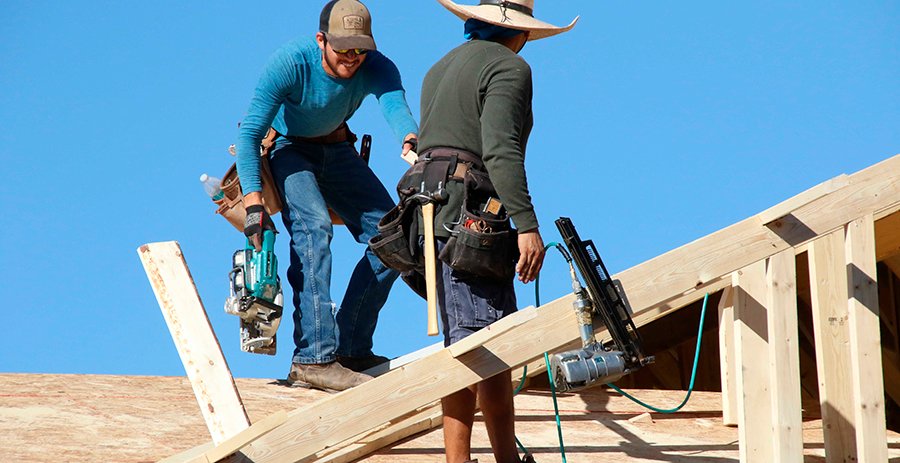Fashion
Lawmakers Clash with Cities Over Housing Legislation

Some municipalities in Arizona are rejecting new housing laws slated to take effect on January 1. The Scottsdale City Council approved draft ordinances on November 25 that House Majority Leader Leo Biasiucci, R-Lake Havasu City, claims undermine a law he sponsored, allowing cities to transform commercial and office spaces into multifamily housing units.
Scottsdale only intends to repurpose 1% of eligible structures, significantly lower than the 10% permitted under House Bill 2297. This law mandates that buildings eligible for conversion must be economically or functionally obsolete, or have at least 50% vacancy.
Biasiucci criticized additional criteria in the ordinance, including one that requires buildings to demonstrate economic or functional obsolescence for six continuous months. He expressed disappointment over the council’s decision to pass the ordinances without addressing these concerns.
Governor Katie Hobbs had previously signed HB2297, a bipartisan initiative enabling cities to rezone a portion of their existing commercial properties without public hearings. Biasiucci categorized Scottsdale’s actions as a potential circumvention of this legislation’s intent.
With the passing of Ordinance No. 4651, Scottsdale outlines its approach to implementing the new law while attempting to minimize negative repercussions. However, Biasiucci highlighted concerns over exemptions for areas near the city’s airport, which he argued unjustly limit potential high-density developments.
Councilwoman Tammy Caputi noted that only 0.8% of the city’s land, outside the airport’s exemption, is designated for commercial use. Scottsdale’s situation isn’t unique; the Gilbert Town Council is also scrutinizing the adaptive reuse law, aiming to mitigate its effects.
Gilbert has identified 85 eligible buildings under the new law but plans to designate certain areas as protected hubs exempt from the reuse regulation. Veronica Gonzalez, principal planner in Gilbert, emphasized that the community supports adaptive reuse but also wants the ability to review such requests thoroughly.
Gilbert’s Town Council is set to vote on related draft ordinances on December 3. Meanwhile, Scottsdale City Council members raised concerns about the adjacent law on accessory dwelling units, arguing it could worsen short-term rental issues.
Councilwoman Solange Whitehead characterized the casitas law as an assault on local control, raising safety concerns regarding fire regulations. Scottsdale has consistently opposed both HB2720 and HB2297, echoing sentiments from other cities worried about the potential rise in short-term rentals.
Mayor David Ortega criticized the Arizona Legislature for undermining local planning efforts. Following Scottsdale’s ordinance approval, Biasiucci and House Majority Leader Michael Carbone expressed disappointment at the city’s disregard for their concerns.
They warned that Scottsdale’s actions could put it at odds with state law, suggesting a possible complaint to Attorney General Kris Mayes if ordinances are not amended before the January deadline. The issue is poised to raise further legislative and community discourse as local governments navigate new housing mandates.


















